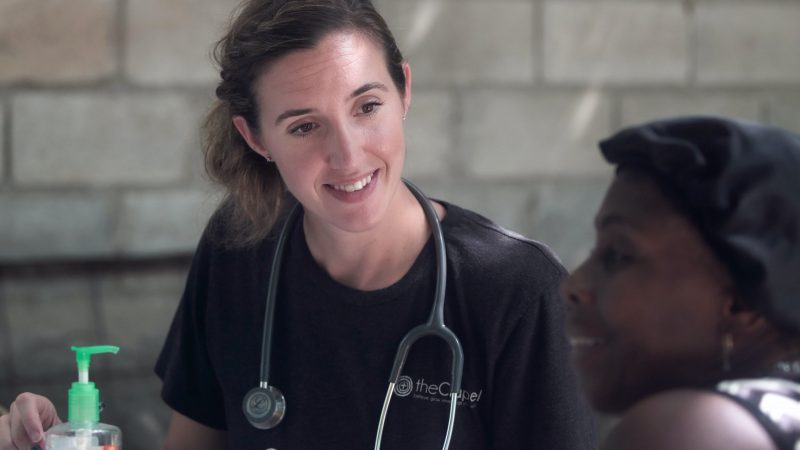Covid-19 – impacts beyond the pandemic

The impact of the Covid-19 pandemic on public health is hard to understate. Globally, millions of deaths have been directly attributed to the virus. In addition, the health implications of Long Covid, experienced by a significant proportion of the one hundred and eighty million who have tested positive for a Covid infection, remain to be fully understood.
But what of those with other illnesses impacted by the Covid pandemic? How have patients with non-Covid conditions been affected by the global health crisis? Sygnature’s Dr Allan Jordan shares his thoughts.
The impact on non-Covid patients
The most immediate impact for many patients has been the limited access to primary care – with visits to GPs, physiotherapists, dentists and the like all suspended or significantly reduced, those requiring day-to-day care have seen their access to healthcare severely restricted. For example, almost half of all patients with potential early cancer symptoms over the past year did not get their symptoms checked out by their GP. Alongside delayed treatments and missed appointments for diagnostic tests and follow-ups, these delays have led to later diagnoses, when the disease is much harder to treat. Estimates vary, but there are fears that these later diagnoses may lead to over thirty-five thousand additional cancer deaths over the coming year. And though figures are harder to track down, the situation is anticipated to be similar for a multitude of other conditions. As an indicator of this impact, the UK Office for National Statistics reported that non-Covid-related deaths were a worrying 15% above average through the first few months of the pandemic, with sustained above-average mortality for patients with diabetes, hypertension, and heart-related conditions. And a further three hundred thousand patients now face wait times for surgery of over a year – a one-hundred-fold increase
The wider impact – clinical trials and medicines discovery
But these healthcare limitations are likely to have deeper and prolonged implications for patients, beyond the immediate backlog of medical concerns. The longer-term access to new medicines has been severely hampered by the necessity to divert all our medical resources to mitigating the pandemic. Clinical trials, pivotal to the delivery of these improved therapies, have been equally impacted over the last year. Recent retrospective studies suggest that the pandemic has largely halted the testing of new medicines for all therapeutic areas. In the UK alone, at the height of the first wave of Covid cases, almost all clinical trials were halted to new patient enrolment and globally, patient numbers on clinical trials fell by around two-thirds to three quarters. Supply chains of new medicinal products faced significant disruption, further delaying the progression of these therapies toward clinical approval. And as trials themselves begin to open up, travel restrictions remain, leading to notable reductions in the rates, and physical numbers, of patient enrolment.
The longer-term impact – better, and faster delivery of new medicines?
Whilst the healthcare situation post-Covid looks bleak at the moment, there is some hope for making up this lost ground. Despite almost overwhelming challenges, over four thousand trials of Covid-19 related vaccines or drugs are now underway or have successfully completed. Trials have become decentralised from major clinical centres toward at-home delivery of medicines and routine telemedicine appointments for patient assessment and follow-up, increasing trial efficiency and patient convenience. Pre-competitive collaboration and effective co-operation across multitudes of stakeholders in research and clinical development have enabled both the progression of trials, and patient recruitment, at unprecedented rates. In addition, the streamlining of regulatory processes has allowed the approval of novel agents and vaccines on timeframes previously deemed impossible.
So, whilst the pandemic has left deep scars across our healthcare systems and our populations, it has perhaps also opened up novel opportunities to redress the balance, to force us to re-consider alternate ways to conduct our research toward delivering new medicines, and to promote new conversations around the delivery of our clinical trials. Perhaps the legacy of Covid-19 might not be an entirely negative one for the health of our nations?
We continually engage with our industry on a range of topics. If you would like to discuss drug discovery, our capabilities or what we are about then we’d love to hear from you. You can get in touch by using any of the contact forms on our website.
